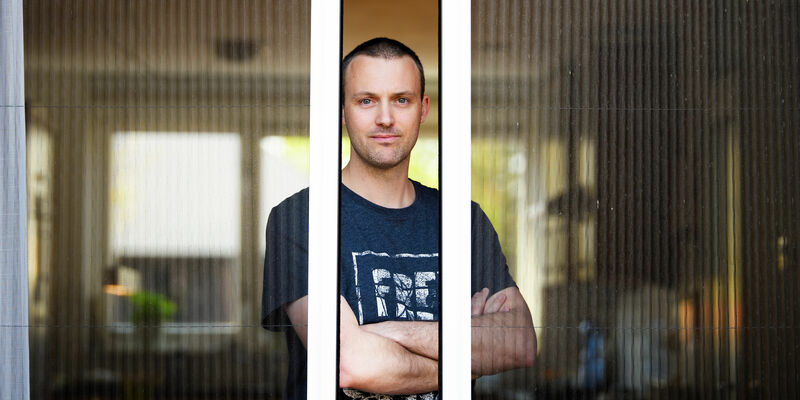Where people matter…
We have been in ‘intelligent lockdown’ for about two months now, and if the VSNU’s roadmap is anything to go by, this will probably last a few more months. Colleagues tell me - and I’ve come to realize this myself as well - that communicating via video, telephone and email is far from ideal.
I feel tired after having spent several hours in front of a camera. Following conversations isn’t easy, and everything takes longer because there’s no non-verbal and informal communication.
Ever since the corona crisis started, I’ve been receiving emails from the board telling me how successfully TU/e is dealing with the situation. These mails have one recurring theme: “the students mustn’t suffer.”
It seems the ‘lecturer’ is considered an inexhaustible source to be deployed 24/7. Not one of the measures that have been announced puts the staff member first, it’s mostly about the students.
I would hereby like to make five radical proposals. They might seem a bit extreme, but they all put staff members first and aim to somewhat reduce work pressure, which is extremely high as it is. To prevent those same staff members from ending up at home with a burnout in six months’ time.
- Extend all temporary contracts (including PhD/PDEng) for the duration of three months. Graduates are reimbursed tuition fees for three months, why can’t our staff members get those three months back? I understand that this costs money. However, an extremely high absence rate among staff members is also costly in terms of lost doctoral bonusses and reintegration costs.
- Postpone the introduction of new initiatives by one year. Challenge-based learning, new Master’s or Bachelor’s programs, etcetera. All project groups working on matters like these will be put on hold effective immediately, nor will they be allowed to convene for meetings for the duration of at least one year. Mobilize all efforts to carry out what we already have, instead of trying to change it, would be my advice.
- Cancel all retakes in 2020/2021. This leads to more than enough hall capacity to organize exams in the regular way, with the added benefit that students are forced to actively take part in each course they enroll in from the start.
- Cancel half of the elective courses we offer in the academic year 2020/2021, and cancel the other half in 2021/2022. The limited choice may be difficult for students, but it allows lecturers to properly carry out their online teaching duties, which are much more demanding.
- Force all examination committees to allow extra exams for students only in the final week of August. Extra (oral) exams will all be held in that one week. That way, you avoid having to make specific exams for the same course five or six times a year for a handful of students (which is common practice for the basic courses).
Some time ago, TU/e issued a plan to reduce work pressure with the motto ‘Where innovation starts, and people matter.’ This crisis serves as a good moment to show that ‘people’ doesn’t apply to students alone, but to staff members in particular as well.

Discussion